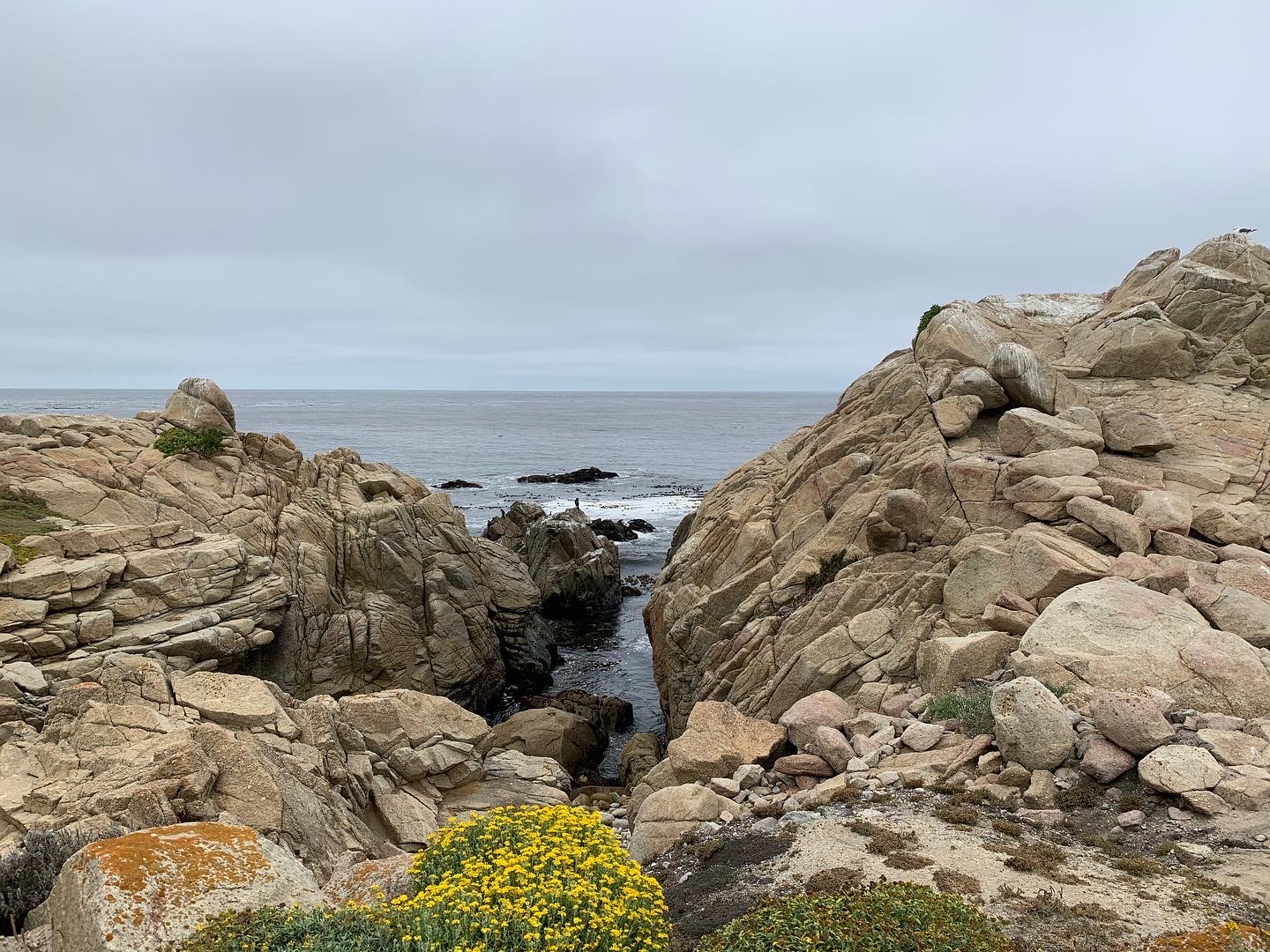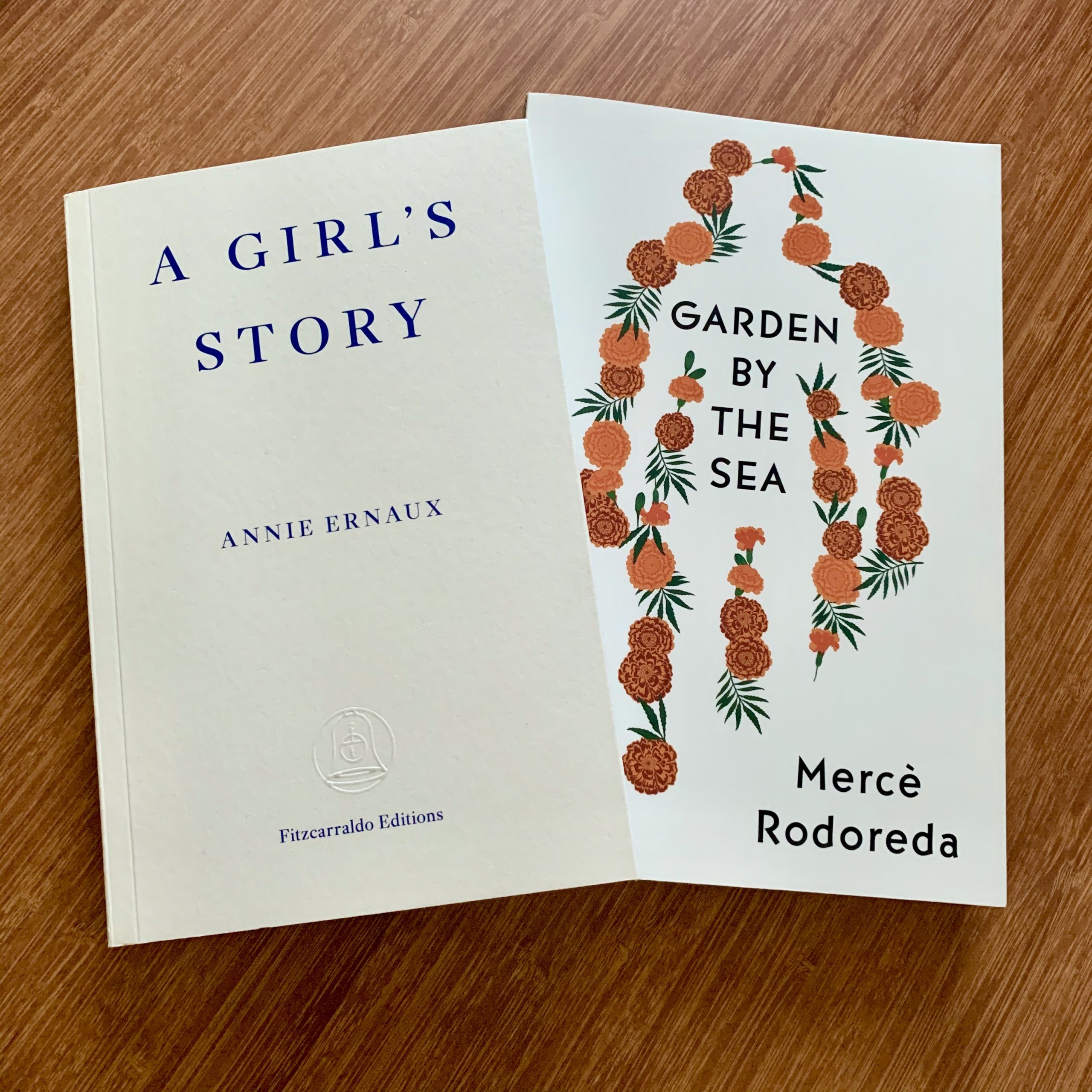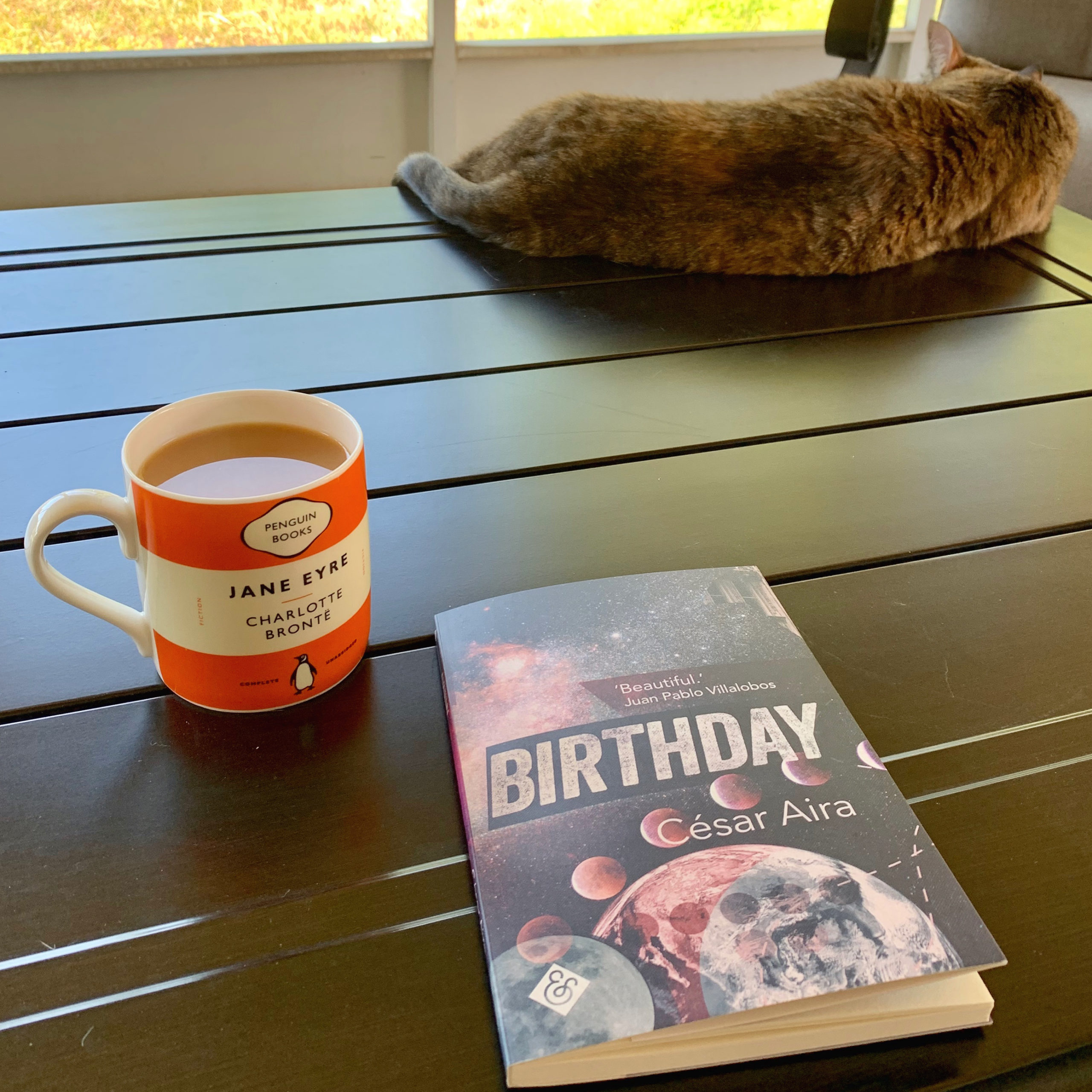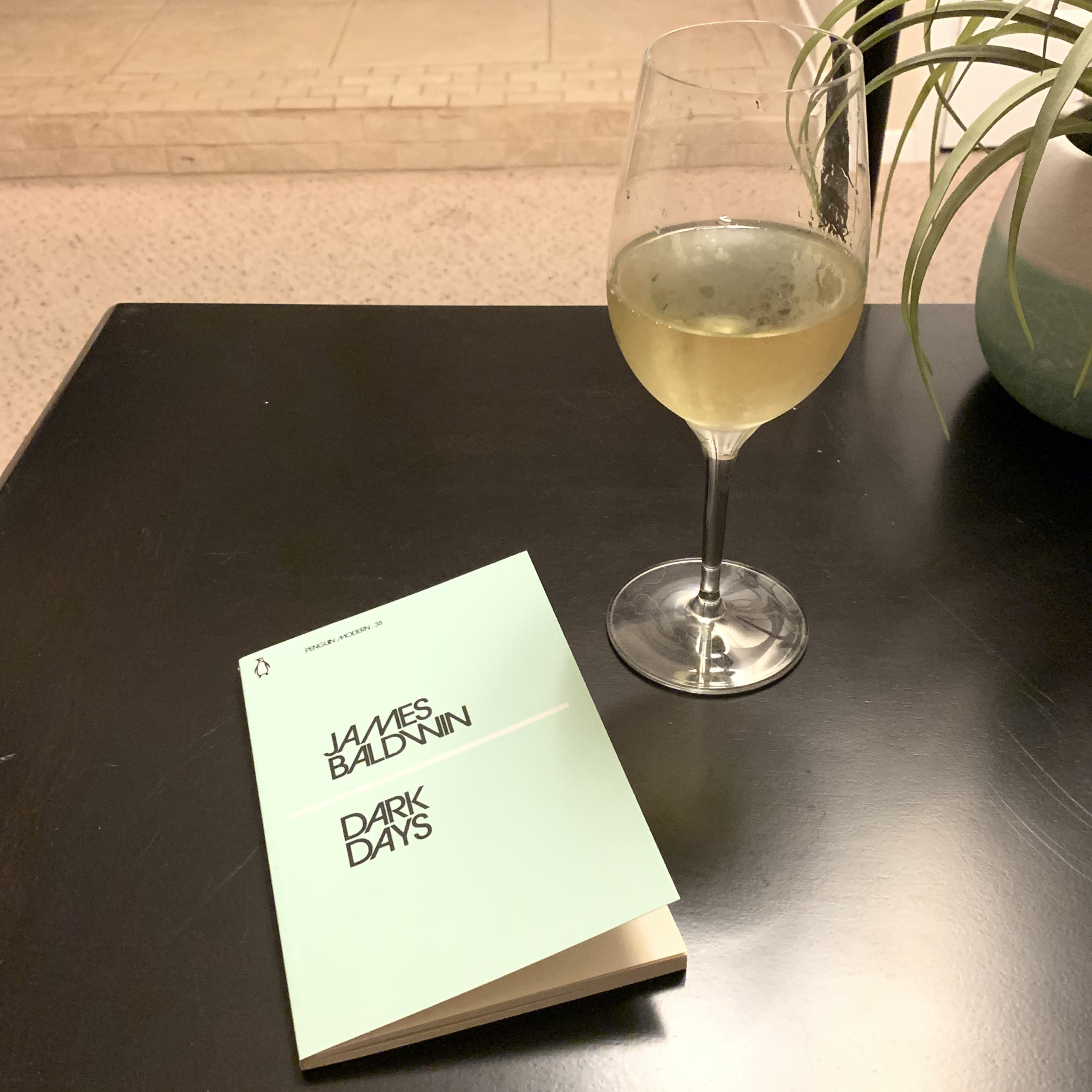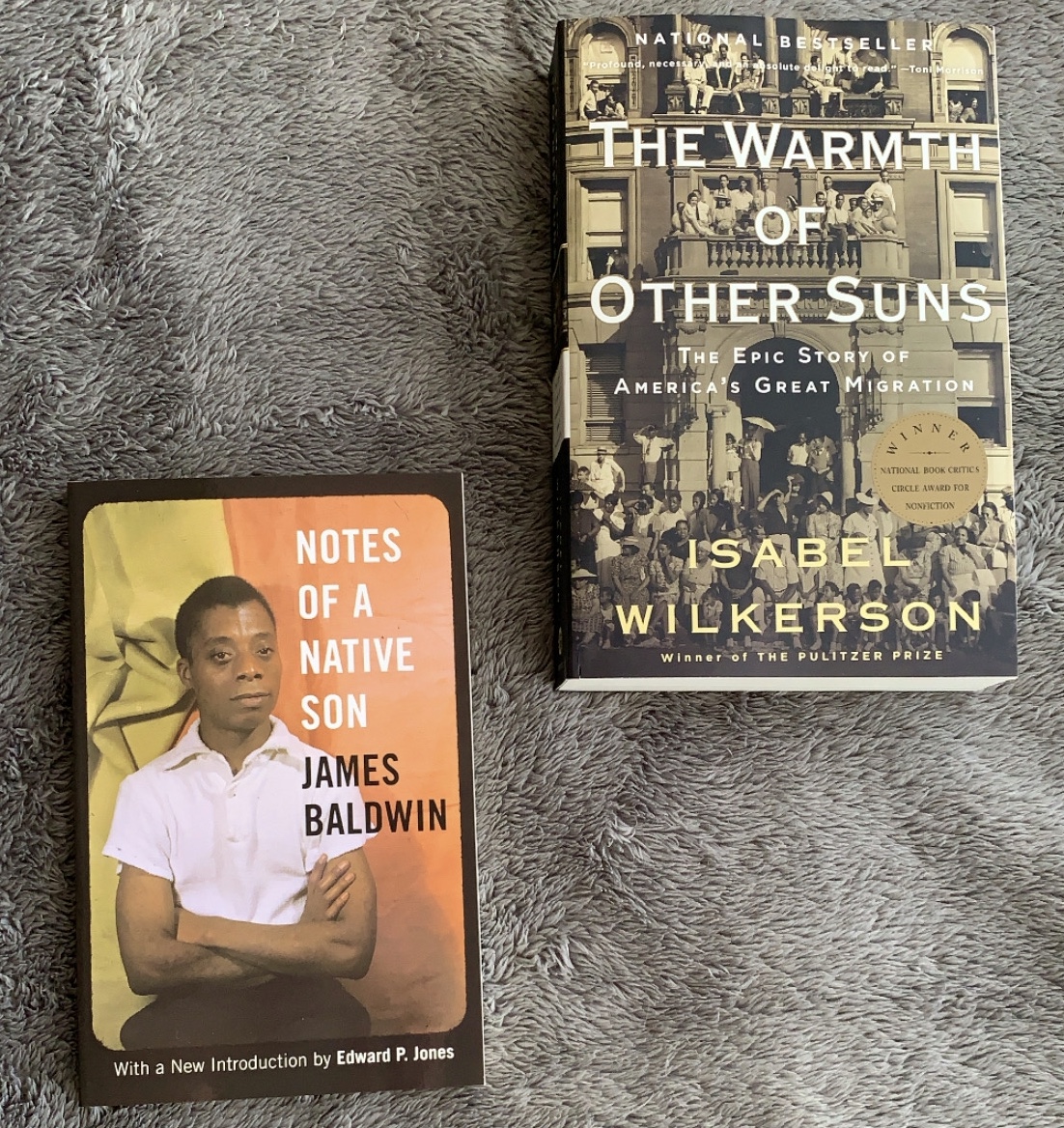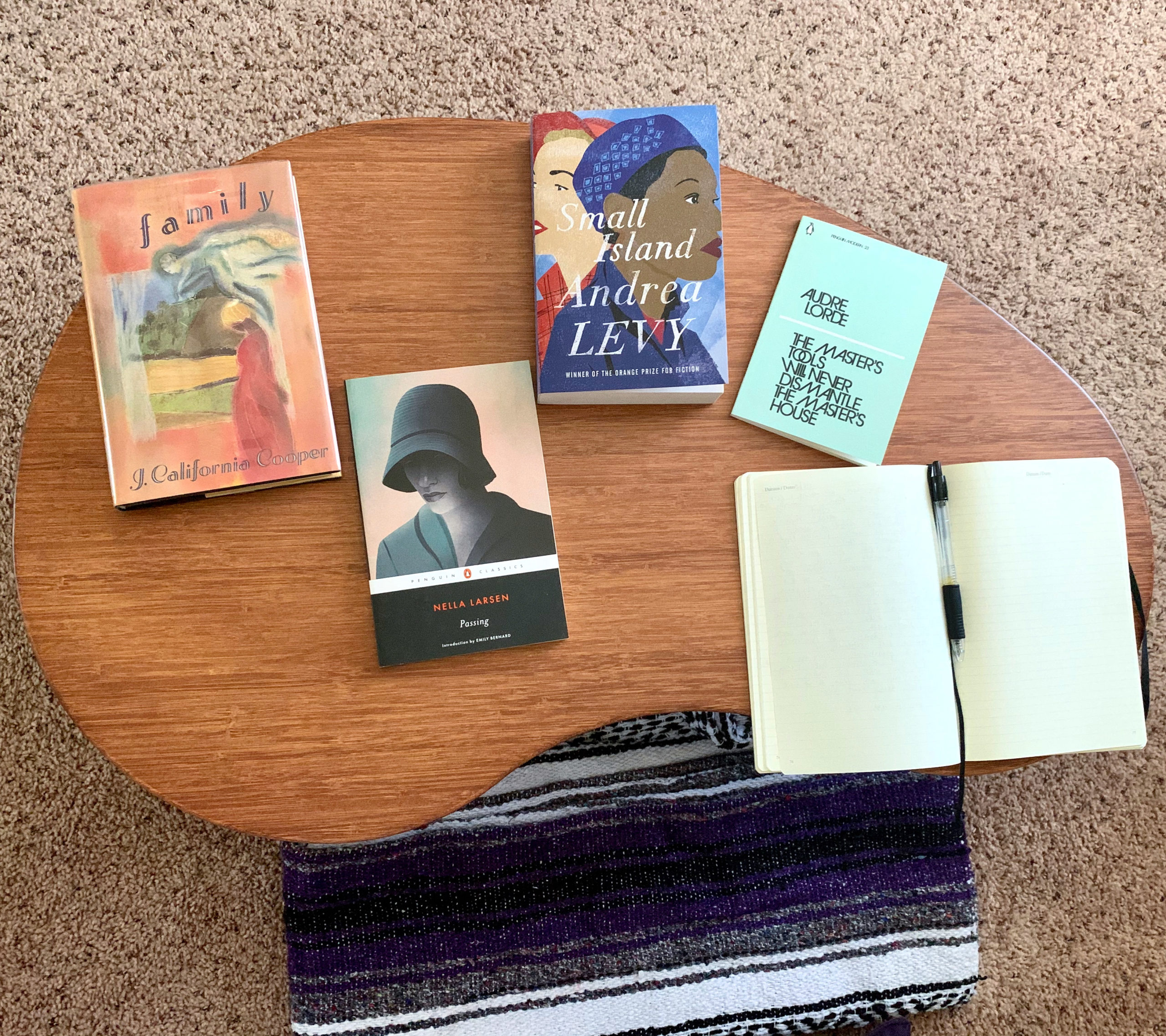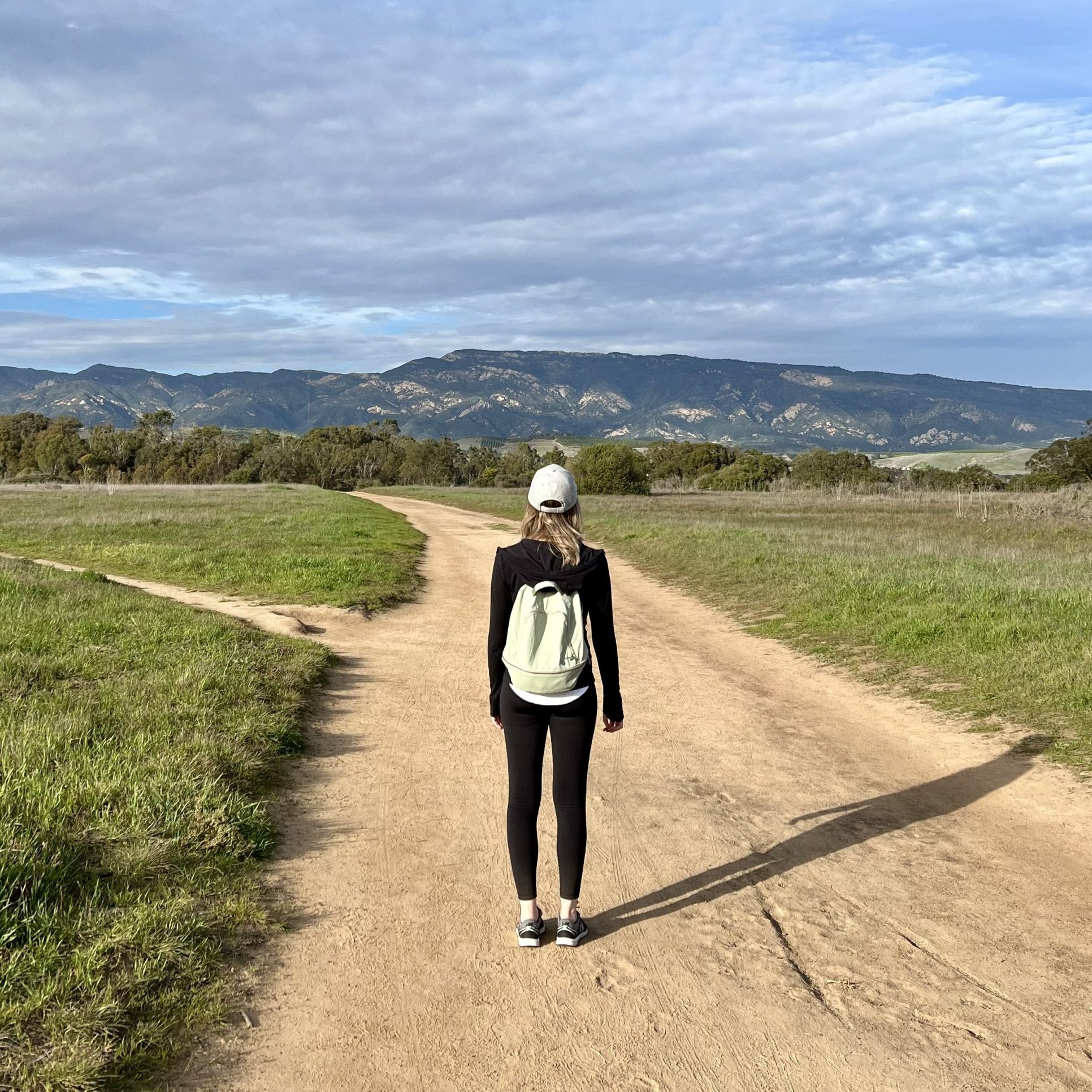
Every so often, I open WordPress to update my plugins (lest they rot and let all the attack bots in). Each time I click on the homepage I’m struck by the first lines of my last post, written in July 2020: “Sorry it’s been a few weeks since I wrote to you. I kept intending to, but these past two weeks I’ve been dogged by a recurring neck-and-shoulder issue… It appears to be on the mend now.”
lol, lmao.
Turns out I have pretty severely herniated discs. Herniated discs compress nerves. Upset nerves can really do a number. Compound that over a pandemic, 2 years away from home, yadda yadda. We’ve all suffered. 20 months, several injections, and a many hours of therapies and yoga later, and I’m finally on my feet.
I’m aware there are all kinds of horrors happening in the world, but I’ve seen surprisingly little writing on finding our way back after two years of upset. Though my injury was physical, there was a huge emotional component to how I carried myself, how I wore my stress, and the layers upon layers of hardened myofascial tissue I had to have physically kneaded out in order to function again. Early in the pandemic, I remember feeling being waves of grief, waves of coming to terms with it over and over again. Along with the emotional rebuild, I’ve been going through a physical release of that on the other side.
Spring is really springing this year. I feel like I’ve been in my little chrysalis for like 4 years and I’m finally busting out. I hope you’re all feeling positive change, too.
A BOOK REC
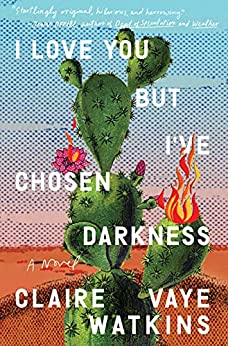
This post has been hanging around in my editor for awhile now, so let’s just talk about some books and be on our merry way, okay?
I’ve read 14 books so far this year. There have been a few highlights but only one got me good: I Love You But I’ve Chosen Darkness by Claire Vaye Watkins. I mean, the title alone. It’s so Western, bold, unapologetic, brilliant. It’s often messy and some elements didn’t work, but it still felt fully realised. It covers desert poverty, postpartum depression, completely fucking up, and finding new ways. I’ve read many books about reluctant motherhood. This was the only one that went there.
ANYMORE FOR ANYMORE
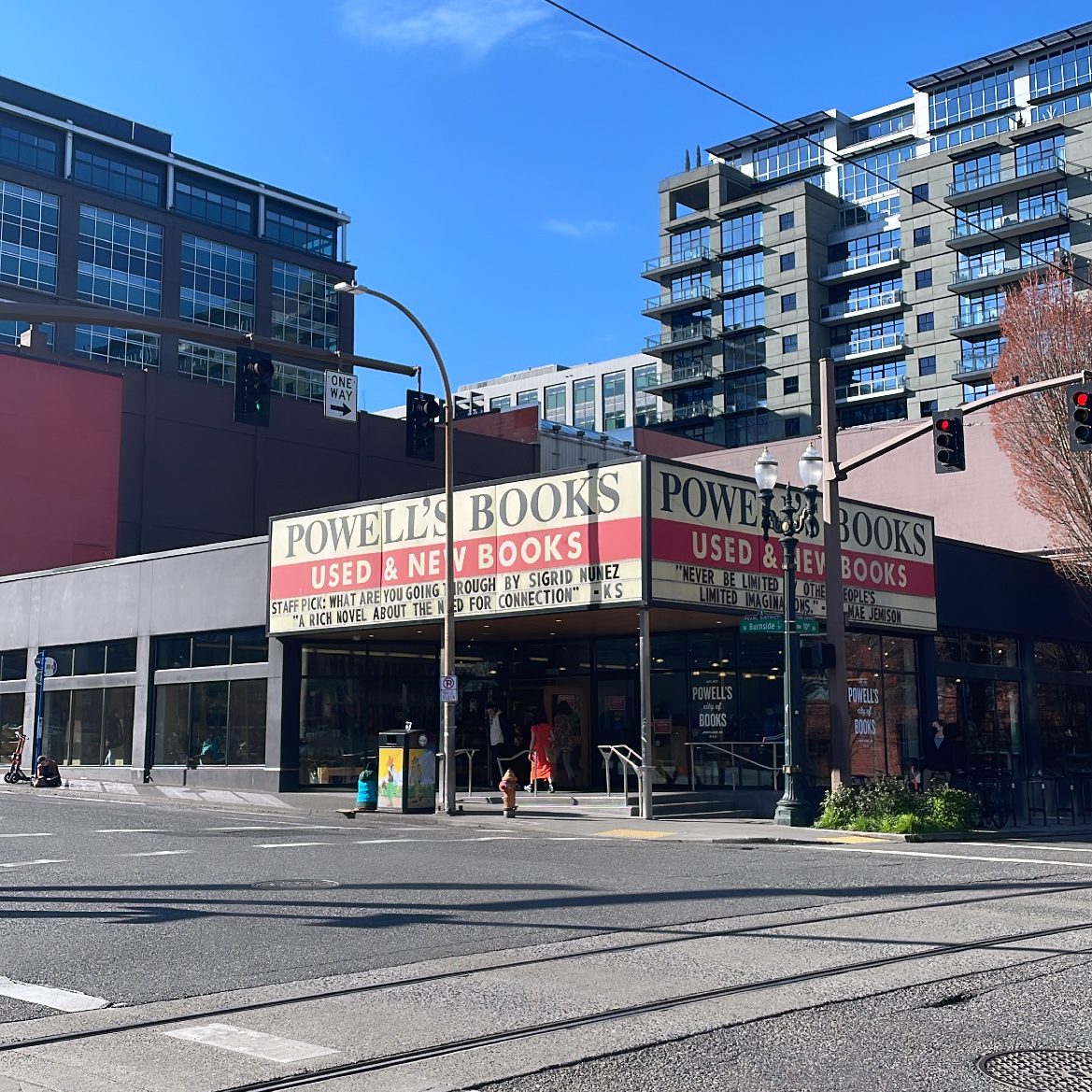
It was my birthday last weekend. My husband and I finally took the trip to Portland that I’ve been planning since 2018. I’ve had $100 in Powell’s credit burning a hole my virtual pocket all that time.
Eating nice meals, walking in the rain, and buying books was real medicine. And, naturally, I made 4 visits to Powell’s. If you’re not familiar, it’s a bookshop that takes up a whole city block. They have a second location out in the suburbs that I visited, too. Wanna see what I got?
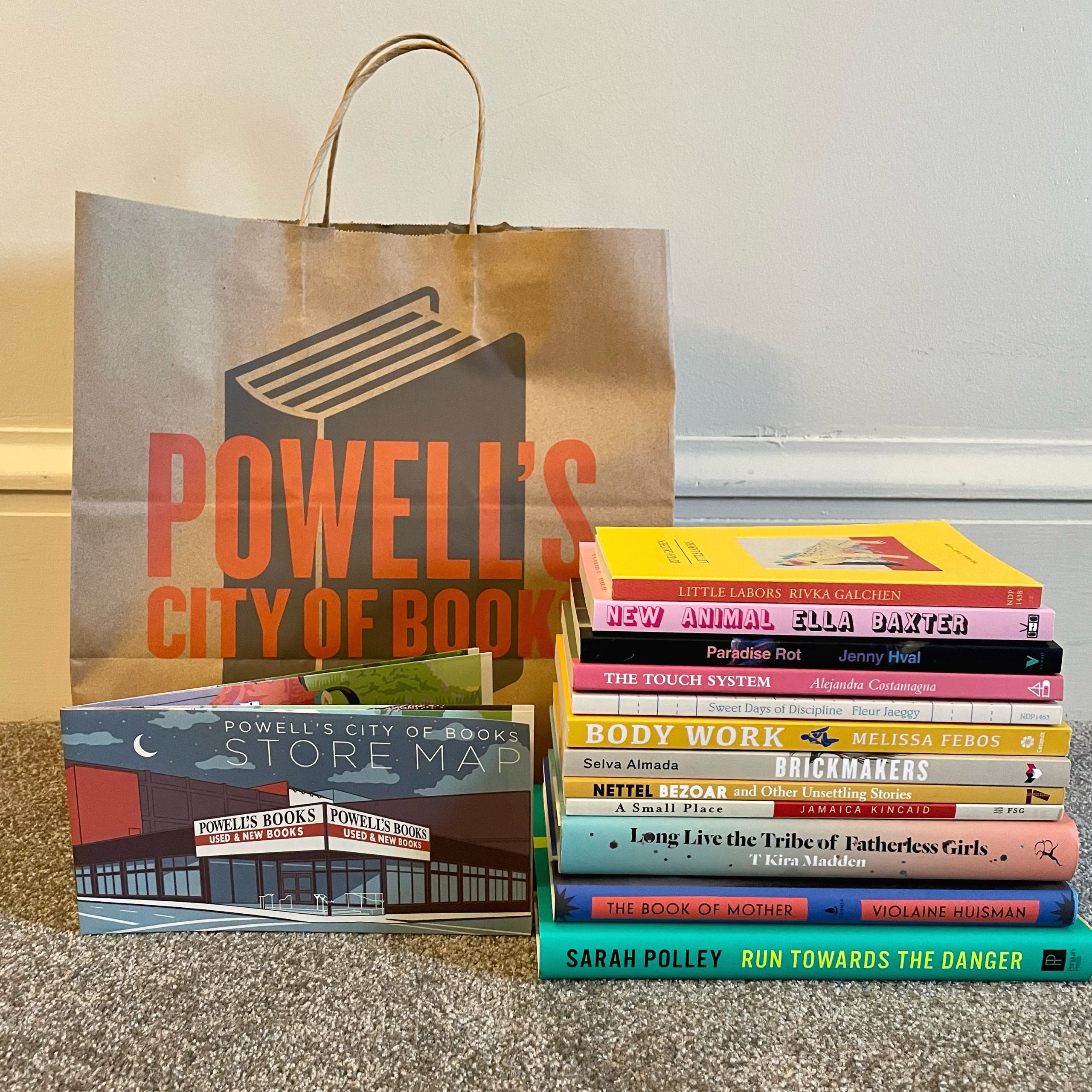
This was the first and second round haul. I went back for at least two more books. I’ve already read King Kong Theory by Virginie Despentes (a slightly dated but strong polemic on feminism, sex work and porn) and Paradise Rot by Jenny Hval (a charmingly gross little novel).
Let me know if you’ve read any of these!
TIL NEXT TIME
Your turn! How’s it going? What are you reading? Leave a reply or go ahead and tweet me.
Stay safe,
Nicola x
